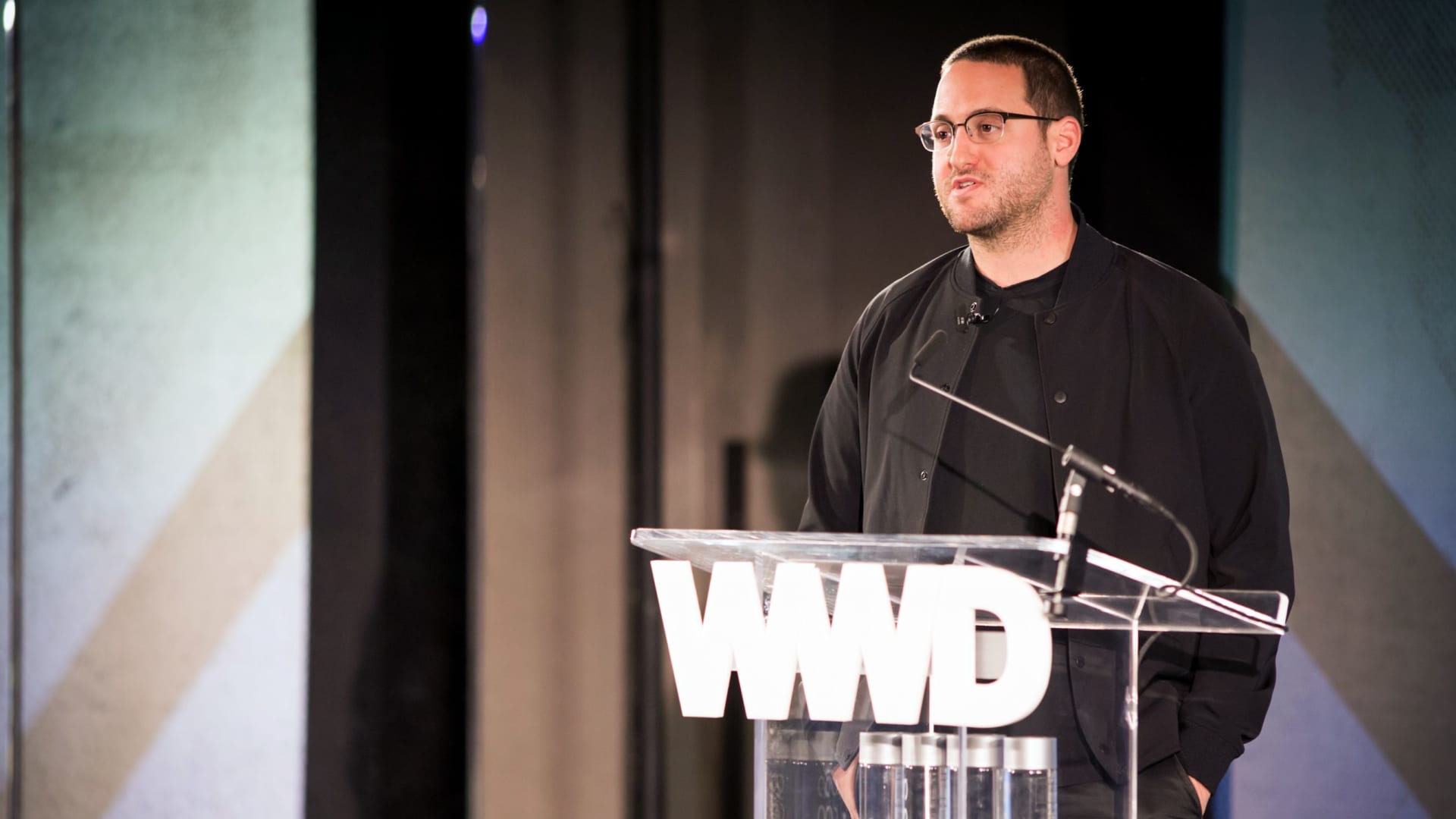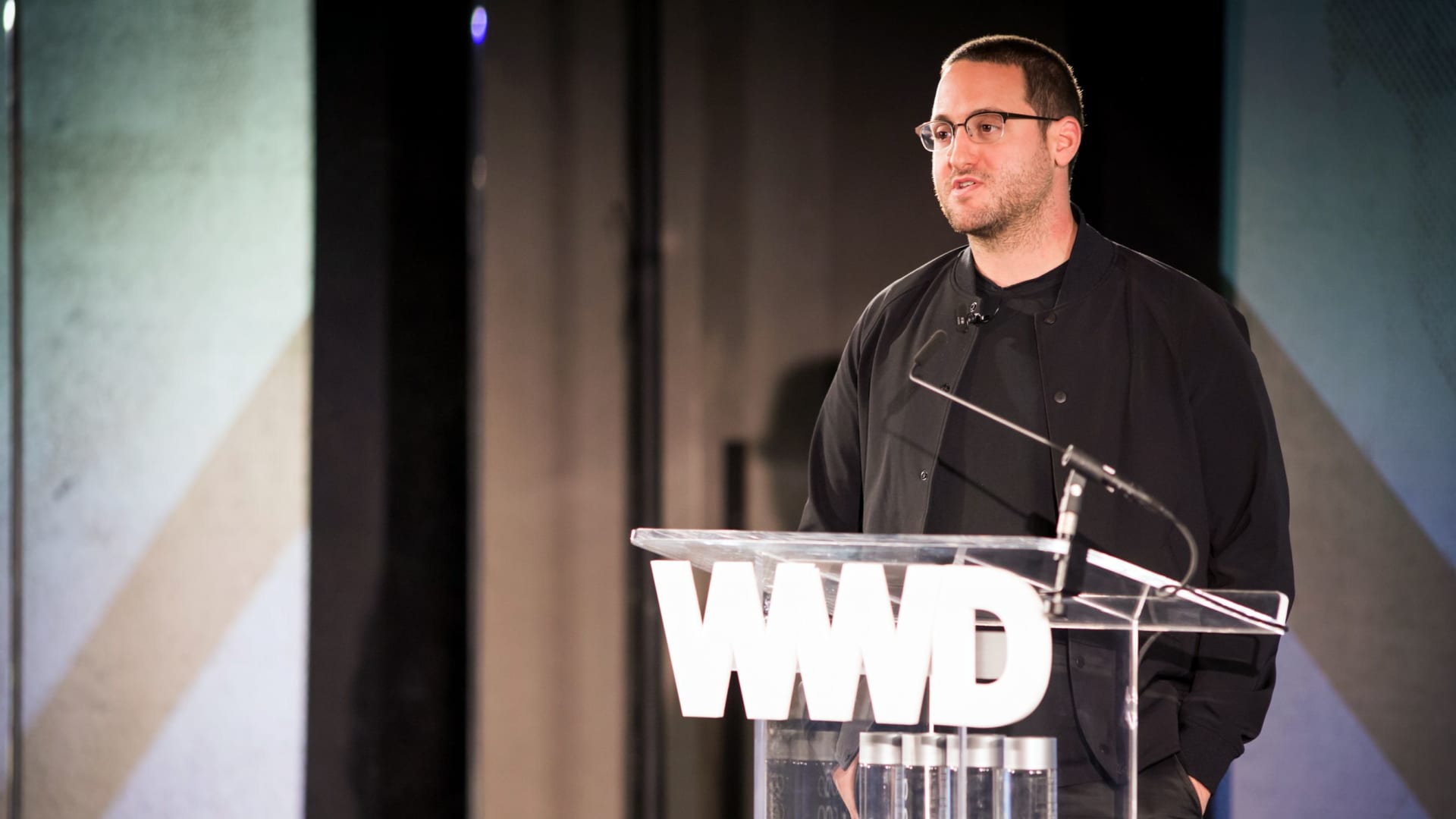The Role of Artificial Intelligence in Shaping Modern Perspectives on Education and Employment
Artificial intelligence (AI) is transforming industries at an unprecedented pace, prompting a reevaluation of traditional educational pathways, including the value of college degrees. As AI automates routine tasks and reshapes job requirements, CEOs and industry leaders are increasingly prioritizing skills and adaptability over formal credentials. This evolution invites us to reconsider how AI influences the workforce and, consequently, the role of education in preparing individuals for future opportunities.
AI’s Impact on Skill Demand and Workforce Expectations
The rise of AI has altered the landscape of skills required for professional success. Automation is displacing certain repetitive roles while creating demand for sophisticated, adaptable talent capable of working alongside technology. CEOs recognize this shift and emphasize abilities that AI cannot easily replicate, such as creative problem-solving, emotional intelligence, and strategic thinking.
– Continuous Learning as a Necessity: AI’s rapid development requires employees to embrace lifelong learning. As AI tools and platforms evolve quickly, workers must constantly update their knowledge and acquire new competencies. This underscores the CEO sentiment that the ability to learn and adapt outweighs fixed academic credentials.
– Emphasis on Practical and Applied Skills: AI’s integration in workplaces favors individuals with hands-on experience in technology, data analysis, and interdisciplinary project work. Rather than memorizing theories, employees need proficiency in applying knowledge to solve tangible problems—a shift echoed by CEOs skeptical of traditional degrees’ practical relevance.
– Soft Skills Gain Prominence: While AI excels at data processing and automation, human-centric qualities remain highly valued. Leadership, communication, teamwork, resilience, and creativity are essential traits CEOs seek, reflecting the irreplaceable aspects of human contribution in an AI-driven environment.
Rethinking Education in an AI-Influenced Era
As AI changes what it means to be “job-ready,” educational institutions face a challenge to adapt curricula and teaching methods that prepare students for this dynamic landscape.
– Curriculum Evolution: Integrating AI literacy and interdisciplinary learning can help students build relevant skills. Understanding AI’s capabilities, ethical implications, and applications equips graduates to collaborate effectively with these technologies.
– Alternative Pathways Accelerated by AI: Online platforms, coding bootcamps, and micro-credential programs harness AI-driven personalization to tailor learning experiences. These formats offer efficient, targeted skills acquisition that aligns with employer demands, often circumventing the need for traditional degrees.
– Bridging the Gap Between Education and Employment: CEOs urge education systems to focus on employment outcomes, promoting stronger partnerships with industries to ensure alignment. AI-powered analytics can assess and improve program effectiveness in preparing graduates for evolving market needs.
AI as a Catalyst for Valuing Diverse Career Journeys
The success stories of CEOs without traditional college degrees resonate strongly in the AI era, highlighting non-linear paths to achievement supported by skill mastery, adaptability, and resourcefulness.
– Highlighting Experience Over Formality: AI tools facilitate skill demonstration through portfolio creation, project management, and virtual collaboration, making it easier for candidates to showcase capabilities beyond diplomas.
– Networking and Mentorship Enhanced by AI: Digital platforms leveraging AI recommend connections and learning opportunities, democratizing access to industry knowledge and career advancement that were once gatekept by traditional credentials.
– Entrepreneurship and Innovation Fuelled by AI: The accessibility and power of AI enable individuals to launch and scale ventures with fewer barriers related to formal education, echoing CEOs’ appreciation for entrepreneurial mindsets that drive growth and innovation.
Conclusion: Embracing AI’s Role in Shaping the Future of Learning and Work
Artificial intelligence is a transformative force prompting a fundamental rethink of how education and employment intersect. CEOs’ shifting attitudes toward degrees reflect the reality that in an AI-immersed world, success arises from adaptability, practical skills, emotional intelligence, and persistent learning rather than diplomas alone.
By embracing AI’s influence, students, educators, and employers can cultivate a flexible, skill-centric ecosystem. This environment champions diverse educational pathways, continuous growth, and collaboration between humans and technology, ultimately redefining what it means to be prepared for the future of work.












